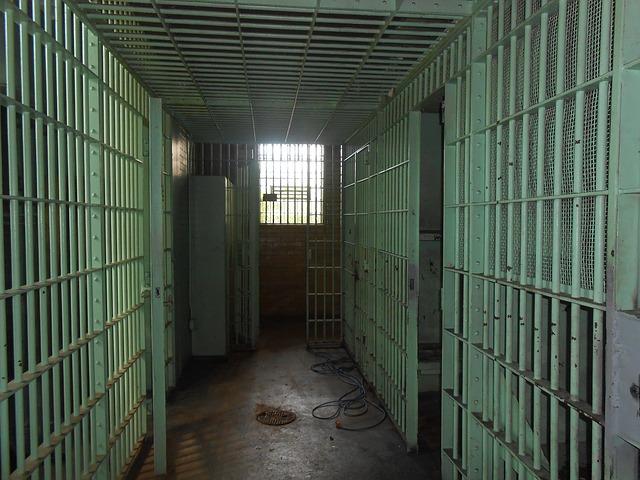According to the Centers for Disease Control and Prevention, an estimated 25 percent of adults reported having a mental illness. This statistic may feel staggering considering mental illness often remains invisible or untreated — but its prevalence among the American populace is nothing new.
Dorothea Dix felt a similar shock as she observed the inhumane conditions of the East Cambridge House of Corrections in 1841. At the time, mentally ill people were incarcerated with criminals regardless of age or sex, left unclothed and were often beaten and flogged. Such horrific treatment prompted Dix to lead the first crusade for mental health care reform. Because of her efforts, 32 state hospitals for the mentally ill were built across the country. But in 2018, her fight is far from over. In fact, it’s becoming increasingly more important in Dane County.
UHS services inadequate for students dealing with long term mental illness
Last year, 9.4 percent of the Madison Police Department’s cases were tagged “mental health.” Many people with mental illness are stable individuals who make conscious decisions to commit crimes — these people should be dealt with appropriately. Police often get calls from people who are on the cusp of committing suicide. Generally, if police are unsure whether or not the person is a threat to themselves or others and are unable to persuade them to seek professional treatment, the person is taken into custody and forcibly admitted to the emergency room. Incarceration in events like these exacerbate the negative effects of mental illness and lead to subsequent stays in jail. In essence, this method is a short-term fix for a long-term problem.
Law enforcement in Dane County has been working to reshape the way mental illness is dealt with legally. The Madison Police Department hired five mental health officers, one for each district of the city, whose goal is to divert mentally ill people from jail. Similarly, in April 2016, the Dane County Sheriff’s office began crisis intervention training. Sixty-seven of the 190 deputies have gone through the program, which includes tours of mental health facilities, presentations and simulations. Finally, the Dane County Board recently approved a $76 million renovation of jail facilities which are expected to impede placing mentally ill people in solitary confinement.
Dane County proposed 2018 budget focuses on mental health services, jail renovations, climate change
All these efforts suggest a shift in Madison’s culture, making the city more adept to cater to a significant proportion of the population that is normally left out. But simple advocacy is not enough: Madison needs a solution tailored to the complexities of a city with multiple demographic differences and a university. Madison needs its own crisis restoration center to prevent mentally ill people from unnecessarily entering the criminal justice system and to ensure they obtain the treatment they need.
These centers bring several benefits in terms of prevention. In 2015, the Polk County Health Services opened a crisis observation and stabilization center in Des Moines. The health department reported that the observation center allowed for the avoidance of $2.5 million in hospital and emergency room costs and $143,000 in prison costs.
No effort taken to advocate for the mentally ill is useless. So far, Madison has done a wonderful job in deviating from deep-seeded trends of mistreating the mentally ill and inadvertently worsening their illness through unnecessary incarceration. But there is always room for improvement. A crisis restoration center would benefit not only the mentally ill, but would also save Madison a significantly large amount of money. A crisis restoration center would make every citizen safer and more comfortable, which makes everyone more productive members of society. Most importantly, a crisis restoration center proves to everyone that it is not a crime to be mentally ill.
Abigail Steinberg ([email protected]) is a freshman majoring in political science and intending to major in journalism.





















